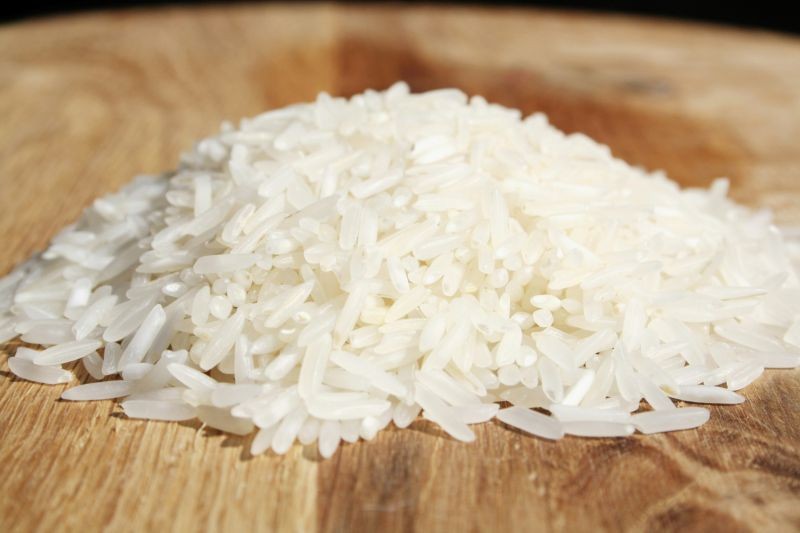Summary
India Blooms News Service India launched a new collaborative initiative with the support of the UN World Food Programme to strengthen Rice Fortification and Supply Chain Management in Nepal. This initiaitive is part of India-UN Global Capacity Building Initiative luanched on 1st August 2025 by Ministry of External Affairs, Government of India, in New Delhi, read […]The post India launches new collaborative initiative with UN to improve rice fortification, supply chain management in Nepal appeared first on Rice News Today.
Source: Rice News Today

AI News Q&A (Free Content)
Q1: What is the India-UN Global Capacity Building Initiative, and how does it aim to improve rice fortification and supply chain management in Nepal?
A1: The India-UN Global Capacity Building Initiative is a collaborative project between India and the United Nations, launched to enhance food systems through South-South cooperation. It aims to improve rice fortification and supply chain management in Nepal by addressing gaps in procurement, data collection, and workforce training. The initiative leverages India's successful Public Distribution System to share knowledge and best practices with Nepal, enhancing the fortified rice distribution network.
Q2: How does rice fortification contribute to nutritional benefits, and what are some challenges associated with it?
A2: Rice fortification involves adding essential nutrients to rice to improve its nutritional value, addressing deficiencies common in staple diets. It can help combat malnutrition and improve public health by ensuring that more people have access to essential vitamins and minerals. Challenges include maintaining taste and stability during processing and ensuring that the fortified rice remains affordable and accessible to vulnerable populations.
Q3: What recent advancements have been made in supply chain management for food distribution, according to scholarly research?
A3: Recent advancements in supply chain management for food distribution include the use of Graph Neural Networks and Federated Learning to improve visibility and resilience. These technologies facilitate information sharing across borders without compromising privacy. They enhance relationship prediction in supply chain knowledge graphs, allowing for better risk management and more resilient supply chain strategies in the face of global disruptions.
Q4: What role does the UN World Food Programme play in the rice fortification project in Nepal?
A4: The UN World Food Programme supports the rice fortification project in Nepal by collaborating with India to implement the initiative. Their role includes providing expertise and resources to strengthen Nepal's fortified rice supply chain, ensuring the project aligns with international standards and contributes to the Sustainable Development Goals.
Q5: In what ways does the initiative between India and Nepal reflect broader regional cooperation efforts?
A5: The collaboration between India and Nepal under the India-UN Global Capacity Building Initiative reflects broader regional cooperation efforts to foster South-South collaboration. It underscores the shared commitment of both nations to build resilient food systems and improve public health through innovation, knowledge exchange, and mutual assistance, setting a precedent for similar partnerships in the region.
Q6: What are the potential environmental impacts of improving supply chain management in rice fortification projects?
A6: Improving supply chain management in rice fortification projects can have positive environmental impacts by reducing food wastage and enhancing resource efficiency. Better supply chain visibility allows for optimized logistics, reducing carbon footprints associated with transportation and storage. Enhanced management can also lead to more sustainable agricultural practices by ensuring that nutrients are efficiently distributed and utilized.
Q7: How does this initiative align with the goals of sustainable development, particularly in the context of food security?
A7: This initiative aligns with sustainable development goals by addressing food security and nutrition deficiencies. By improving rice fortification and supply chain management, it ensures that essential nutrients reach vulnerable populations, thus enhancing food security. Additionally, the initiative promotes sustainable agricultural practices and efficient resource use, contributing to long-term environmental and economic sustainability in the region.





